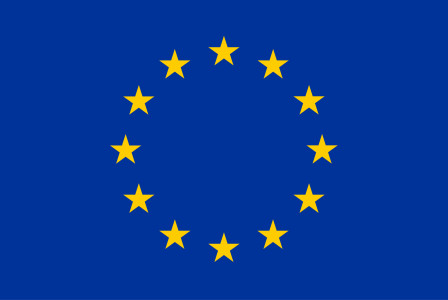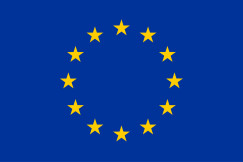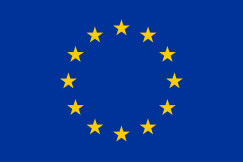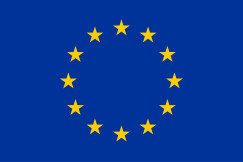Legislation
27 March 2025
Directive on Consumer Protection Rules (Modernisation Directive)
Legislation
27 March 2025
1. Healthy, balanced and sustainable diets for all European consumers
2. Prevention and reduction of food loss and waste
3. A climate - neutral food chain in Europe by 2050
+4 more
Login / create an account to be able to react
-
38

The Modernisation Directive (EU) 2019/2161, part of the European Commission's “New Deal for Consumers” initiative, aims to enhance EU consumer law enforcement and update consumer protection in response to digital market trends. Adopted on 27 November 2019, it amends four key directives to harmonize consumer protection, foster EU trade, and prohibit unfair commercial practices. The Directive requires clear price indications for better consumer information and ensures uniform consumer protection across the EU.
Editorial team
European Commission - DG JUST
Topics
EU-27
EU Institutions
-
CoC aspirational objectives
-
-
1. Healthy, balanced and sustainable diets for all European consumers
-
2. Prevention and reduction of food loss and waste
-
3. A climate - neutral food chain in Europe by 2050
-
4. An optimised circular and resource-efficient food chain in Europe
-
5. Sustained, inclusive and sustainable economic growth, employment and decent work for all
-
6. Sustainable value creation in the European food supply chain through partnership
-
7. Sustainable sourcing in food supply chains
-
Share
The Modernisation Directive originated from the European Commission's “New Deal for Consumers” initiative of 11 April 2018 which aimed at strengthening enforcement of EU consumer law in light of a growing risk of EU-wide infringements and at modernizing EU consumer protection rules in view of market developments.
The Modernisation Directive (EU) 2019/2161 was adopted on 27 November 2019. It amended four existing consumer law directives:
the Unfair Contract Terms Directive 93/13/EEC (the ʽUCTDʼ);
the Price Indication Directive 98/6/EC (the ‘PIDʼ);
the Unfair Commercial Practices Directive 2005/29/EC (the ‘UCPDʼ);
the Consumer Rights Directive 2011/83/EU (the ‘CRDʼ);
- increase consumer protection by harmonising several key aspects of national legislation on contracts between consumers and traders;
- encourage trade between EU Member States, particularly for consumers buying online;
- define the unfair business-to-consumer commercial practices that are prohibited in the EU;
- protect the economic interests of consumers before, during and after a commercial transaction has taken place;
- ensure the same level of protection to all consumers irrespective of the place of purchase or sale in the EU;
- improve consumer information and enable price comparisons by requiring the selling price and the unit price of all products offered by traders to consumers to be clearly indicated.
In general, these Directives aimed to:
The Modernisation Directive aimed at strengthening the enforcement of EU consumer protection rules and updated rules in line with the development of digitalisation. The Member States had to transpose the new rules in their national laws by 28 November 2021 and to apply these new national laws since 28 May 2022.
Related regulations:
Directive (EU) 2019/2161 as regards the better enforcement and modernisation of Union consumer protection rules.
Council Directive 93/13/EEC on unfair terms in consumer contracts.
Directive 98/6/EC on consumer protection in the indication of the prices of products offered to consumers.
Directive 2005/29/EC concerning unfair business-to-consumer commercial practices in the internal market.
Directive 2011/83/EU on consumer rights.
Comments (0)
See also
De Minimis Regulation
- Categories
- 2. Prevention and reduction of food loss and waste 3. A climate - neutral food chain in Europe by 2050 4. An optimised circular and resource-efficient food chain in Europe +3 more
Barriers to trade
- Categories
- 2. Prevention and reduction of food loss and waste 3. A climate - neutral food chain in Europe by 2050 4. An optimised circular and resource-efficient food chain in Europe +3 more
Regulation on Renewable Energy Financing mechanism
- Categories
- 2. Prevention and reduction of food loss and waste 3. A climate - neutral food chain in Europe by 2050 4. An optimised circular and resource-efficient food chain in Europe +3 more




